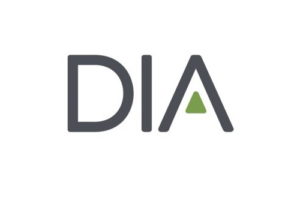Amira Younes of AbbVie UAE examines how the COVID-19 pandemic highlighted the need for new ways of thinking about delivering regulatory effectiveness and efficiency in the region, and for flexibility from all stakeholders to ensure that therapies continue to reach patients in a timely manner.
Most countries in the Middle East already had priority or expedited pathways prior to the pandemic. These pathways delivered shorter assessment timelines and demonstrated the usefulness of regulatory reliance during the global emergency. Jordan, Saudi Arabia, Bahrain, and Egypt created guidelines for Emergency Use Authorizations (EUA) for vaccine or therapeutic product use, as well.
The Egyptian Drug Authority (EDA) recognized WHO prequalified products listed under the WHO Emergency Use Listing Procedure (EUL) or approved by reference agencies, which allowed for faster batch release through minimum document review and minimum testing. Other countries including Qatar set aside normal submission practices, enabled rolling submissions of dossiers, and waived country-specific Module 1 requirements. These flexibilities in regulatory frameworks prepare healthcare systems for future pandemics and can allow faster patient access to medications in noncrisis circumstances.
Agility and adaptation also proved to be key components in the sustained success of regulatory systems in the region. Streamlined decision-making frameworks and procedures helped prioritize regulatory actions among health authorities and allowed for knowledge exchange and continuous improvement.
The pandemic also accelerated digitalization in the Middle East. Some countries moved toward digitalization and introduced online submission systems during the pandemic. Others already had existing digital platforms and were using the electronic Common Technical Document (eCTD) for submissions (e.g., Oman, Bahrain, Qatar, Jordan, United Arab Emirates [UAE], and Saudi Arabia), reducing the need for physical documentation while accelerating registration and access. Most regulators adapted their national procedures to allow use of electronic Certificates of Pharmaceutical Products (e-CPPs).
Some countries (for example, Lebanon and Egypt) officially eliminated the physical legalization requirement for authentication purposes from their guidelines, encouraging use of the validation tool/system by the e-CPP issuing authority for authentication, and enabling review and access continuity with the European Medicines Agency (EMA) and US FDA validation systems.
Trends Enabling Reliance and Trust
Collaboration, convergence, harmonization, and similar best practices have been at the center of discussions related to the Middle East regulatory environment. These are the basis to enable reliance and trust and proved during the pandemic that they will provide the way forward for medical products registration as key enablers to managing the challenges of resource constraints, capability building, and removing barriers to patient access to medicines.



